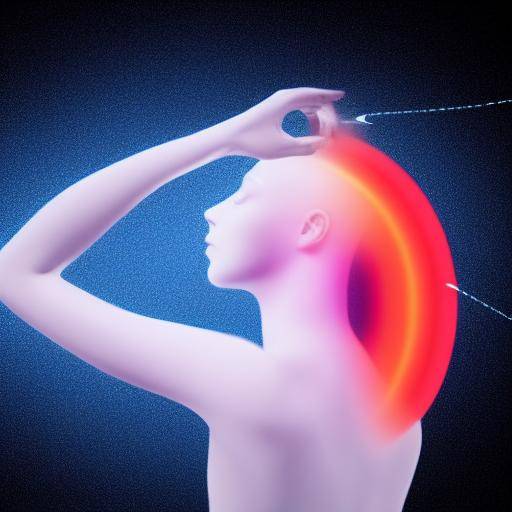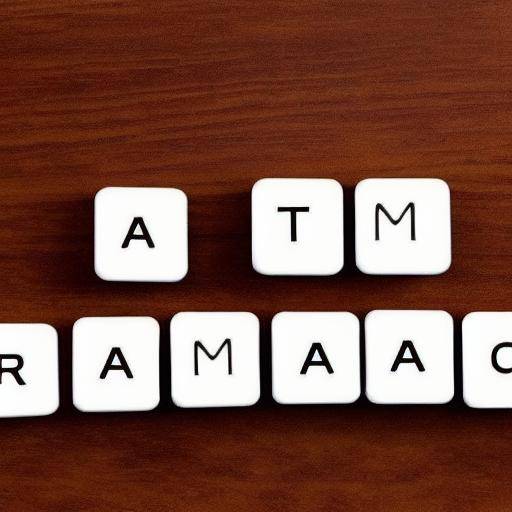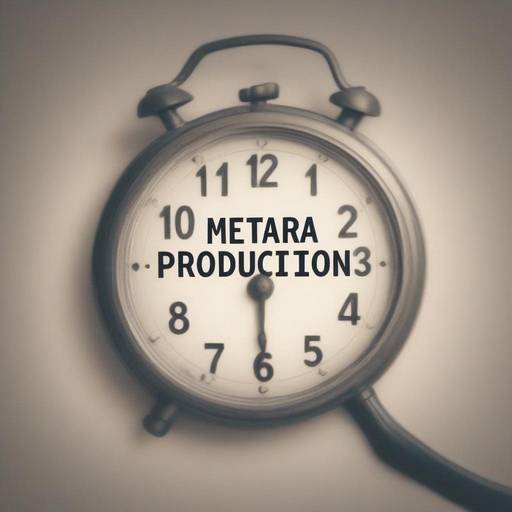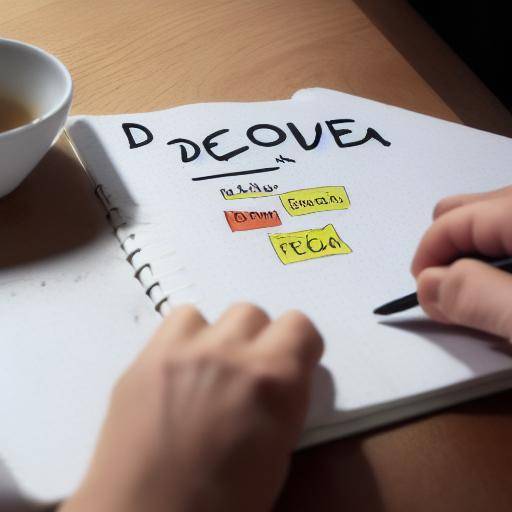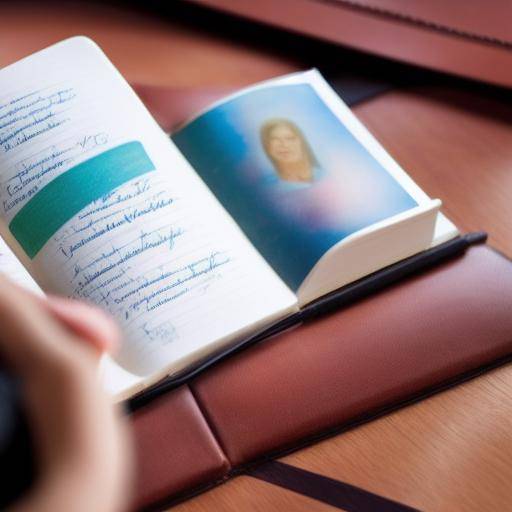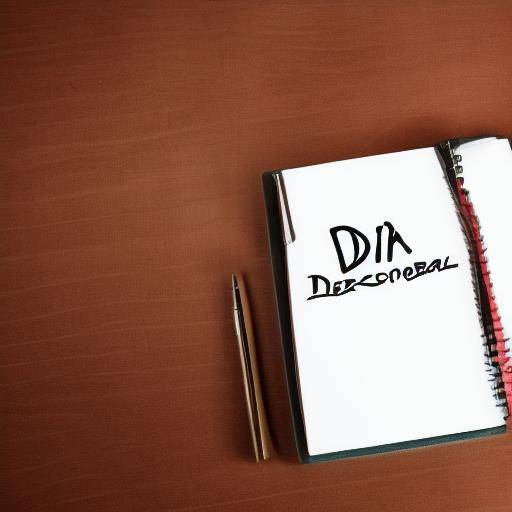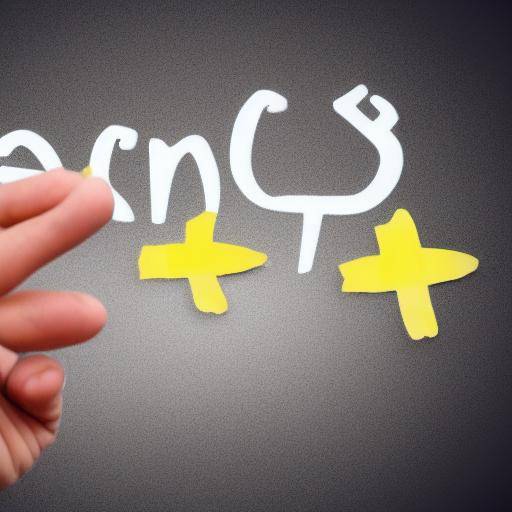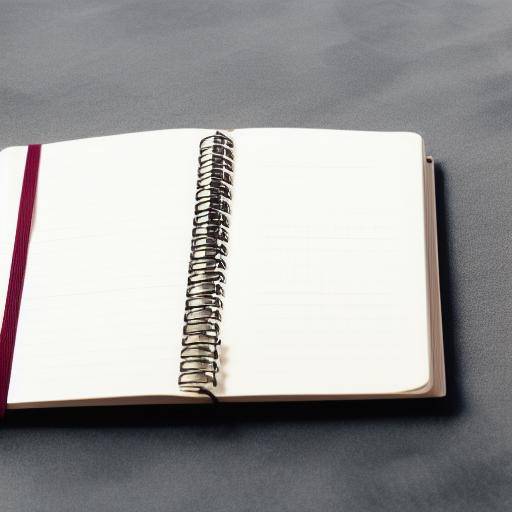
Journaling, a personal and reflective writing technique, has become a powerful tool to combat stress and prevent burnout in modern life. In this article, we will explore how journaling can be an effective strategy to manage stress and maintain an emotional balance. From its history and benefits to practical advice and case study, discover everything you need to know about this therapeutic art.
Introduction
The accelerated pace of modern life has led to a significant increase in stress and exhaustion levels around the world. Chronic stress can lead to burnout, a state of physical, mental and emotional exhaustion that affects health and well-being. In this context, journaling (or personal journal) has emerged as an effective tool to help people manage stress, process emotions and maintain mental clarity.
Throughout this article, we will explore in detail how journaling can be an effective strategy to manage stress and avoid burnout, providing readers with an integral understanding of this therapeutic practice.
History and Background of the Journaling
Journaling, also known as personal journal or therapeutic writing, has its roots in antiquity. From the newspapers of the Roman era to modern journaling techniques, this form of written expression has evolved over time, adapting to the changing needs of society.
The modern concept of journaling as a therapeutic tool dates back to the twentieth century, when psychologists, therapists and writers began to explore the potential of writing as a form of self-reflection and emotional healing. Since then, journaling has gained popularity as an accessible practice that can be adopted by anyone at any time to improve their emotional well-being.
Deep Analysis: Current Benefits, Challenges and Trends
The journaling offers a variety of benefits that can contribute significantly to stress management and burnout prevention. From reducing stress and anxiety to promoting self-consciousness and emotional resilience, journaling practice can have a positive impact on people's mental and emotional health.
However, journaling also presents challenges, especially for those who are new in practice. Face the blank page, maintain consistency and overcome self-criticism are just some of the obstacles practitioners can find on their writing journey.
Comprehensive Review: Applications, Case Studies and Best Practices
Journaling Applications to Manage the Stress
Journaling can be used in various ways to face everyday stress. From the writing of gratitude to the practice of automatic writing, there are several techniques that can help individuals process their emotions and reduce mental burden.
Best Practices for Effective Journaling
To make the most of journaling in stress management, it is important to adopt certain best practices. Establishing a writing routine, keeping a thematic journal and setting clear goals for writing are just some of the effective strategies that can improve journaling experience.
Conclusion " FAQs
Conclusion
Journaling, when used consistently and reflexively, can be a powerful tool to manage stress and avoid emotional exhaustion. By adopting journaling as a regular practice, people can strengthen their ability to meet the challenges of modern life, promoting greater emotional and mental well-being.
Frequently asked questions
What is stress and what are its health effects?
Stress is the body's response to challenging situations, and can have significant effects on emotional and physical health. From anxiety and fatigue to sleep problems and digestion, chronic stress can negatively impact a person's overall well-being.
What is the relationship between journaling and stress management?
Journaling offers people a structured way of processing emotions and thoughts, which can be especially beneficial in managing stress. By translating feelings into paper, you can identify patterns, find mental clarity and release the emotional burden, which helps to reduce the accumulated stress.
How can I start incorporating journaling into my daily routine?
Incorporating journaling in the daily routine can be as simple as booking a few minutes each day to write in a notebook or digital journal. Establishing a peaceful and free environment of distractions can help concentrate on the thoughts and emotions you want to express.
What are some effective journaling strategies to prevent burnout?
To prevent burnout, journaling can be used as a tool to monitor stress levels, identify triggers, set limits and encourage self-compassion. By keeping track of emotions and stressors, people can take proactive measures to prevent exhaustion.
Are there different journaling approaches to addressing stress?
Yes, there are several approaches and journaling techniques that can adapt to individual needs to address stress. From reflective writing to goal-based journaling or creative writing, each approach offers unique benefits in stress management.
What is the long-term impact of journaling on mental health?
Journaling can have a long-term positive impact on mental health by fostering self-consciousness, promoting emotional resilience and providing a means of self-reflection. By engaging in personal writing consistently, people can strengthen their emotional well-being and develop skills to effectively cope with stress.
Conclusion Journaling, when used consistently and reflexively, can be a powerful tool to manage stress and avoid emotional exhaustion. By adopting journaling as a regular practice, people can strengthen their ability to meet the challenges of modern life, promoting greater emotional and mental well-being.
With this article, it is expected to have provided a complete understanding of how journaling can be used as an effective tool to manage stress and prevent burnout, providing readers with a practical guide and useful perspectives to incorporate this therapeutic practice into their daily lives.




